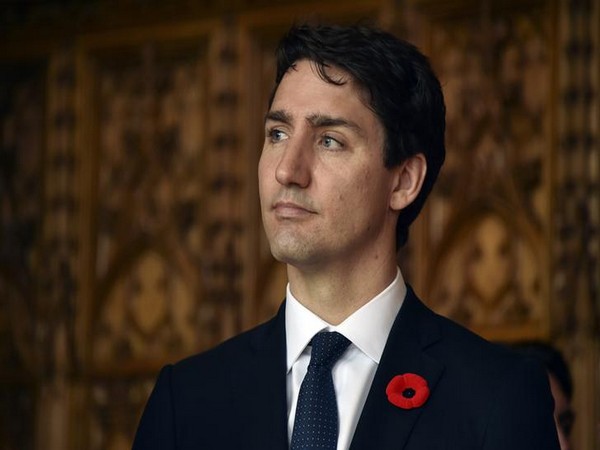Canada will not be intimidated by China retaliation, PM Trudeau says
Saint-Jacques also said he does not expect China to resort to economic sanctions because Beijing is trying to reassure foreign companies that they can work there after draconian COVID-19 restrictions were dropped. Beijing has this year rolled out the red carpet for Western leaders including French President Emmanuel Macron, and China's Premier Li Qiang has reached out to corporate leaders to ensure them the country is now open for business.

- Country:
- Canada
Prime Minister Justin Trudeau on Tuesday said Canada will not be intimidated by China following tit-for-tat diplomatic expulsions by Ottawa and Beijing. Ottawa expelled Chinese diplomat Zhao Wei on Monday over allegations related to foreign interference, and hours later, China asked a Canadian diplomat in Shanghai to leave by May 13 in response to what it called Ottawa's "unreasonable actions".
"We understand there is retaliation, but we will not be intimidated, we will continue to do everything necessary to keep Canadians protected from foreign interference," Trudeau told reporters in Ottawa. A row has simmered since the detention of Huawei Technologies executive Meng Wanzhou in 2018 and Beijing's subsequent arrest of two Canadians on spying charges. All three were freed in 2021.
Some fear the latest flare-up could have economic repercussions for Canada. Chinese imports of Canadian goods rose 16% last year to a record of C$100 billion ($74.8 billion), and China is Canada's second-biggest trading partner after the United States. Last year, Beijing lifted a three-year ban on imports of canola, Canada's largest crop, from trading companies Richardson International and Viterra that had been imposed in 2018. China is also a major importer of Canadian potash and wheat.
"With China, there’s always a risk" of retaliation, said Tyler McCann, managing director of the Canadian Agri-Food Policy Institute. "(But) it seems the Chinese government is more sensitive about food security than they were years ago and that might mitigate the risk." Global supplies of wheat and vegetable oil are in tighter supply due to the Ukraine war, which may make it difficult for China to limit its imports of Canadian wheat and canola.
China "took a very measured response," Guy Saint-Jacques, a former Canadian ambassador to China, said in an interview aired on the Canadian Broadcasting Corp. He said the Chinese could have responded by expelling a more senior official or multiple officials. Saint-Jacques also said he does not expect China to resort to economic sanctions because Beijing is trying to reassure foreign companies that they can work there after draconian COVID-19 restrictions were dropped.
Beijing has this year rolled out the red carpet for Western leaders including French President Emmanuel Macron, and China's Premier Li Qiang has reached out to corporate leaders to ensure them the country is now open for business. Beijing is conducting a "charm offensive (to) convince foreign enterprises to come back to China to invest," Saint-Jacques added. "So putting sanctions on Canada at this stage would have sent a very bad message to foreign companies." ($1 = 1.3372 Canadian dollars)
(This story has not been edited by Devdiscourse staff and is auto-generated from a syndicated feed.)










